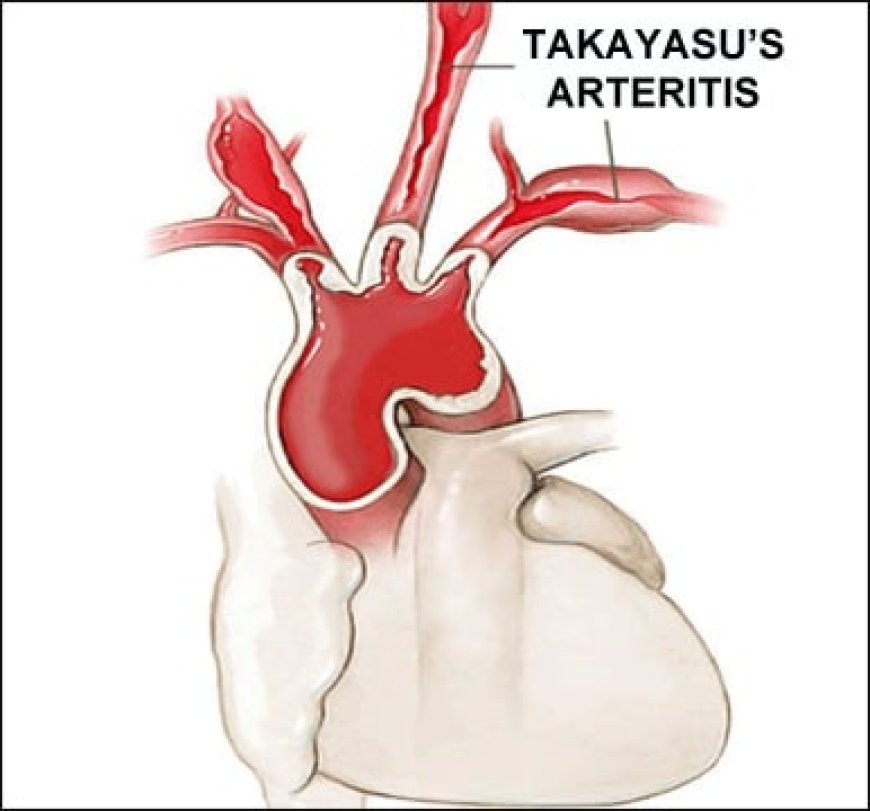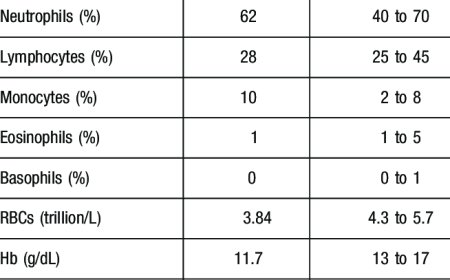Arteritis, Takayasu

Introduction:
In the diverse and culturally rich country of India, where the heartbeat of life flows through its people, there is a condition that affects the blood vessels. This condition is known as Takayasu Arteritis, and today, we will unravel its mysteries. We will explore the signs and symptoms, what Takayasu Arteritis is, how it's classified, what causes it, risk factors, different types, diagnostic tests, treatments, complications, and some simple ways to support and protect our precious blood vessels in India. So, let's embark on a journey of understanding and preserving the heart of our nation!
Sign and Symptoms:
Takayasu Arteritis is like a subtle wind that can affect the blood vessels in the body. It can lead to some common signs like:
- Fatigue and weakness, like feeling tired even after resting.
- Pain or discomfort in the arms or legs, like a dull ache or cramping.
- High blood pressure, like feeling a strong force in the blood vessels.
What Is Arteritis, Takayasu? :
Takayasu Arteritis is like a hidden invader that targets the large blood vessels, mainly the aorta and its branches. It is an autoimmune condition where the body's immune system mistakenly attacks the blood vessels, leading to inflammation and narrowing of the arteries.
How Is Arteritis, Takayasu Classified? :
Takayasu Arteritis can be classified based on the extent of involvement of blood vessels and the age of onset. Some common classifications include:
- Type I Takayasu Arteritis: Involves the aorta and its branches, usually occurring before the age of 40.
- Type II Takayasu Arteritis: Involves only the branches of the aorta, usually occurring after the age of 40.
Causes and Triggers:
The exact cause of Takayasu Arteritis is like a puzzle waiting to be solved, but it is believed to be related to genetics and the immune system. Some common triggers for Takayasu Arteritis in India include:
- Genetic Factors: Some individuals may have a family history of Takayasu Arteritis, making them more likely to develop it.
- Infections: Infections with certain bacteria or viruses may trigger or worsen the condition.
Risk Factors with Examples:
Certain factors can make someone more likely to develop Takayasu Arteritis, just like some kids may have a higher chance of excelling in sports based on their interests. Some risk factors include:
- Age: Takayasu Arteritis is more common in young adults, especially females.
- Family History: If someone in the family has Takayasu Arteritis, others may have a higher chance of having it too.
Types of Arteritis, Takayasu with Detailing for Each Type:
Takayasu Arteritis can vary based on the extent of involvement of blood vessels and the age of onset. Some common types include:
- Type I Takayasu Arteritis: Involves the aorta and its branches, usually occurring before the age of 40.
- Type II Takayasu Arteritis: Involves only the branches of the aorta, usually occurring after the age of 40.
Diagnostic Tests and Treatments:
To diagnose Takayasu Arteritis, doctors may perform imaging tests, such as angiography or MRI, to visualize the blood vessels. Some common treatments include:
- Corticosteroids: Medications that reduce inflammation and control the immune system.
- Immunosuppressive Drugs: These medications help prevent the immune system from attacking the blood vessels.
Complications of Arteritis, Takayasu and Prevention Techniques:
Takayasu Arteritis can lead to complications if not treated promptly, such as heart problems or stroke. To support individuals with Takayasu Arteritis, kids can practice empathy, understanding, and inclusivity. Raising awareness about the condition and encouraging regular medical check-ups can be vital in early detection and management.
Takayasu Arteritis might be like a subtle wind that affects the blood vessels in India, but with the right knowledge and compassionate care, we can protect the heart of our nation. Just like we cherish the diverse cultures and traditions of our country, the health of our blood vessels is crucial for the well-being of every Indian. By supporting and understanding individuals affected by Takayasu Arteritis, we can strengthen the heartbeat of India and ensure a healthier and more inclusive future for all!
What's Your Reaction?
 Like
0
Like
0
 Dislike
0
Dislike
0
 Love
0
Love
0
 Funny
0
Funny
0
 Angry
0
Angry
0
 Sad
0
Sad
0
 Wow
0
Wow
0







































































